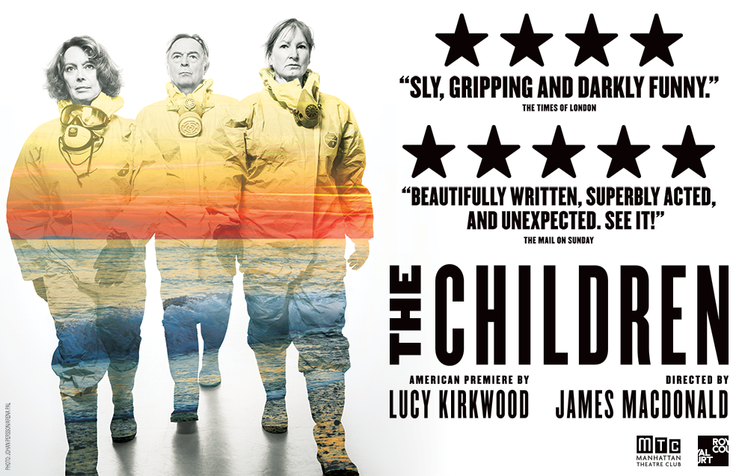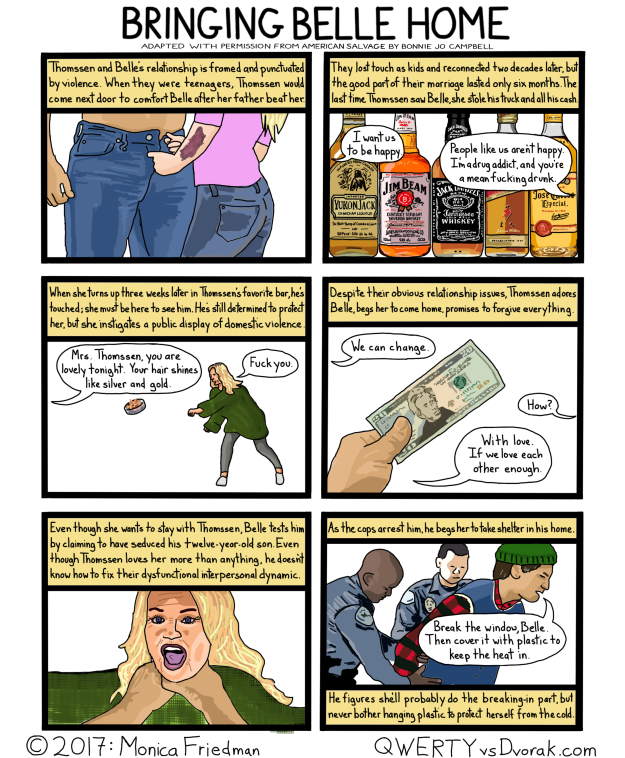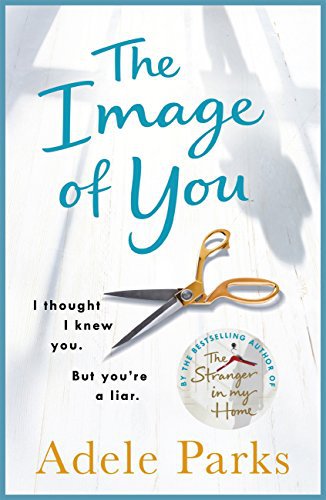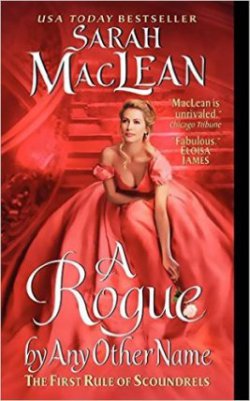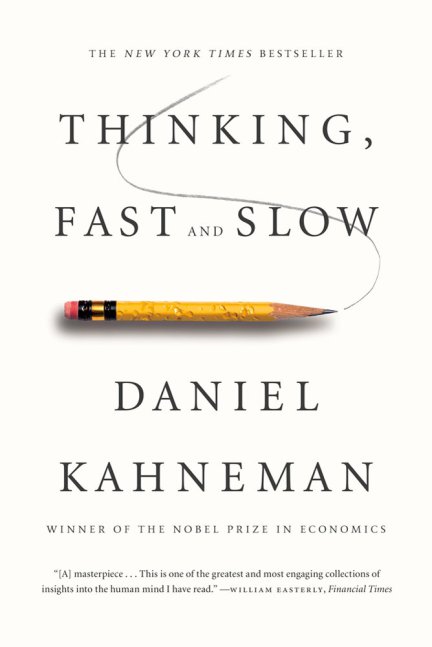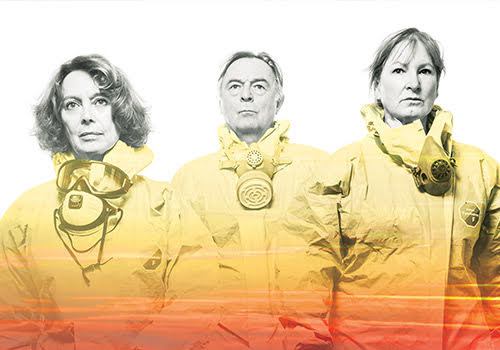 MTC’s The Children: A Bloody Good Question Needs an Answer.
MTC’s The Children: A Bloody Good Question Needs an Answer.
By Ross
The atmosphere within that off-balanced living space in that old English cottage is downright tense. There is a bloody strong animosity hanging over these two older women as they politely play catch up in the Royal Court Theatre transfer of the play, The Children by Lucy Kirkwood (2017 National’s The Mosquitoes). The environment, eerily created by scenic and costume designer, Miriam Buether (Broadway’s A Doll’s House, Part 2) with the added power of Peter Mumford’s lighting and projection designs (Global Creature/Australia’s King Kong) and Max Pappenheim’s solid sound design (Hampstead’s Sex With Strangers), has an off-putting edginess to it, that makes it feel flooded with unsaid emotional baggage. It’s a quietly disturbing beginning as directed by James MacDonald (MTC’s Top Girls), and we are instantly engaged and desperate for an explanation for this troubled air. And it will come, but we will have to just sit back and wait it out.
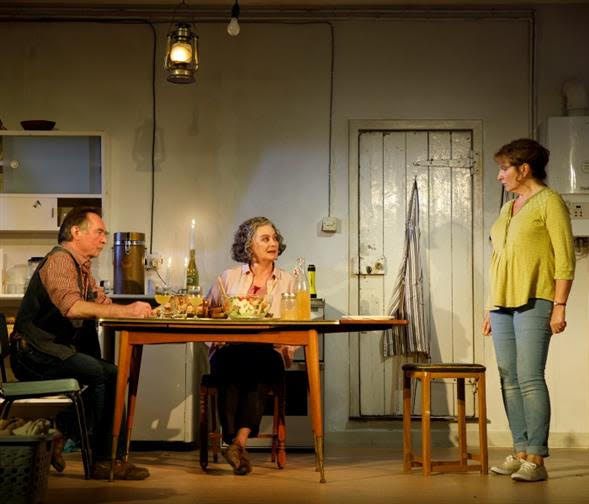 Ron Cook, Francesca Annis, Deborah Findlay.
Ron Cook, Francesca Annis, Deborah Findlay.
The two women talk about their past and it becomes clearer and clearer that much time has passed since these two last saw each other. You can also tell each would have been just as happy to have a few more years go by before this reunion. Deborah Findlay who was ever so brilliant in one of my favorite plays of 2016, National’s Rules for Living, plays Hazel, the resident of this cottage, with whom she shares with her husband, Robin, played impeccably by Ron Cook (Donmar’s Juno and the Paycock). It’s clear that the visitor Rose, played with an edgy perfection by Francesca Annis (MIF/NYC’s The Machine), has come to see both Robin and Hazel, but the amicable bond is really with Robin. The three of them used to work at a nearby nuclear power plant together as engineers, but the real reason for Rose’s appearance at their cottage this fine morning remains to be said or understood.
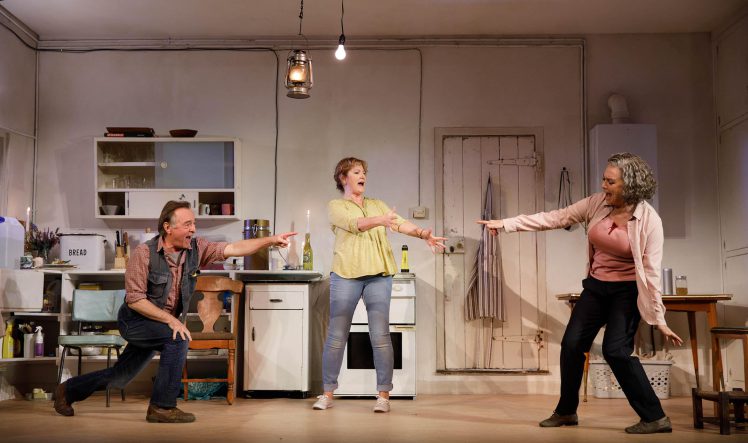 THE CHILDREN American premiere by Lucy Kirkwood With Ron Cook, Deborah Findlay, Francesca Annis.
THE CHILDREN American premiere by Lucy Kirkwood With Ron Cook, Deborah Findlay, Francesca Annis.
What is beautifully done in this intriguing and powerful play, is the teasing out of information about the world they live in and the circumstances they find themselves. The first hint is the phrase, “after the disaster“, said by Hazel as she talks about the cottage they are living in and why they had to leave their home, which appears to be not that far away. Slowly, bit by bit, without one iota of urgency, the elements of this disaster start to drift out, and we begin to put the puzzle together. The earthquake, the tsunami, the failing of the backup generators, and some sort of major meltdown at the power plant, drift out within their conversation as important but well-known details amongst people in the know. And when Robin finally arrives home from inside the zone that had to be abandoned, the heat of the interactions begin to fly all over the place. Old resentments and frustrations float out passively but aggressively, all while the politeness of these people rarely fluctuates to far from the norm.
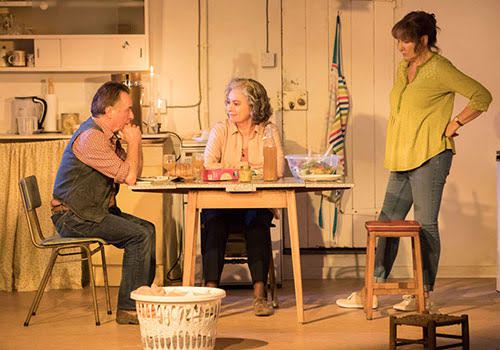
It’s a slow cooking machine here, but wildly satisfying in the end. Just like the play, Escaped Alone, that the director and both designers worked on at the Royal Court that was seen at BAM last year, the future is troubling, scary, complicated, and filled with destruction, but these Brits are going to interact with it as normally as possible, trying to make sense of their place and use in this disastrous world. It floods your senses with dread and discomfort because of how real they are all being in a future that doesn’t seem to far-fetched or safe. This isn’t the dystopian cinematic world we have seen lately in films such as “The Hunger Games” or “Blade Runner 2049” where the young become something akin to super-heroes and saviors, this is where real people have to look into their hearts, quietly, and figure out what is to be done, and how to get a move on into their futures and their legacies. It’s haunting and ultimately thought provoking as this future is not so far fetched (2011’s Fukushima, Japan’s nuclear disaster is one clear connection to this play), and what would you do, if asked, to save The Children from the world you played a part in creating? Rose wants to know, and she is bloody determined to get an answer.
